While much of the build-up to Ireland's Soldier Field rematch with the All Blacks focused on a famous Irish win in 2016, it was hard not to think of the 2023 World Cup in the aftermath.
A lot of the ingredients were there.
In the 24 hours leading up to Ireland's 26-13 loss on Saturday, the number of green jerseys in Downtown Chicago grew significantly, evoking memories of two years ago when a huge legion of fans followed Ireland to Paris for another All Blacks tussle on neutral soil.
The Stade de France story ended in heartache. This transatlantic adventure never carried the same era-defining qualities, but it will still cut deep.
There was a key difference. In Paris, Ireland piled pressure on New Zealand as they chased a last-gasp try to reach the semi-finals for the first time.
In front of a largely Irish crowd at Soldier Field, however, they ended with a whimper, fading in the final quarter after leading 13-7 with 20 minutes left.
Earlier this year, France scored 34 unanswered points in Dublin to effectively end Ireland's Six Nations bid. This was not an equally spectacular capitulation, but it was another game against a top-five nation that got away from them.
Now, having been picked apart and left to rue on another sobering second half, an unsparing post-match review after the long journey home awaits.
Indeed, the questions Farrell has fielded about his ageing, undercooked squad and the increasing need for evolution two years out from the next World Cup since returning from his British and Irish Lions stint will only intensify.
Never one to get carried away in his post-match remarks, Farrell still cut a despondent figure in the bowels of Soldier Field as he put the defeat down to "mental switch-offs" and "a lack of sharpness".
During Farrell's sabbatical, Ireland relinquished the Six Nations title. Before they attempt to reclaim the trophy from France - who inflicted Ireland's only other loss this year - in the spring, the remaining autumn appointments with Japan, Australia and South Africa are opportunities to experiment.
"Andy trusts his players because he's watching them 24/7 and if he feels they're not up to scratch, he'll make changes," former Ireland scrum-half Conor Murray said on the Ireland Rugby Social.
"He's a great guy, but he won't make selections on sentiment or knowing a fella really well or if a fella's been there for that long. He'll do it if a player is adding to the environment and to the team performance-wise."
Murray, who won 125 Ireland caps and won two Six Nations titles under Farrell, added: "You look at the age profile of some of the older players in it, I'd have no issue with their fitness or ability by 2027 [for the World Cup]."
Ireland's 40-29 win in Chicago nine years ago was one of the apogees in the team's history, while the intensity and stakes of the World Cup quarter-final extracted herculean efforts from both sides in what is widely considered the rivalry's apex.
But Saturday's entry did not resemble either of those games.
Neither team reached anywhere near their maximum, and with a raft of protracted stoppages for tackle reviews and injuries, it failed to deliver an interest-generating spectacle in a country which is hosting the World Cup in six years.
Ultimately, New Zealand will not care. For them, a long-awaited fifth Grand Slam of the northern hemisphere remains in play after a second-half surge that yielded three tries in 15 minutes.
Ireland, however, have much to stew on.
Last year, they opened their autumn campaign with a loss to the All Blacks. Their performance in Dublin that night was one of the flattest of the Farrell era and they were not much better here.
There were, at least, some positives. They responded strongly to Tadhg Beirne's highly controversial early red card to lead 10-0 thanks to a Jack Crowley penalty and Tadhg Furlong's first try since 2021.
Elsewhere, Stuart McCloskey, a surprise inclusion at inside centre, shone in his first appearance against the All Blacks before being forced off injured, while Ryan Baird staked his claim to be a regular fixture in the back row.
But while they led for 57 minutes, Ireland never seemed fully in control. Having lost a tenacious operator in Beirne, they were bested at the breakdown and missed crucial tackles, while a creaky lineout blunted their ability to create opportunities and ramp up scoreboard pressure.
This is one of the more challenging periods of Farrell's reign, although he has lit a fire under his squad before.
In their first match after the 2023 World Cup, they returned to France and thrashed Les Bleus 38-17 to set up a successful Six Nations defence.
Opening Test defeats by the All Blacks and South Africa in 2022 and 2024 were followed by wins, while last year's November loss to New Zealand preceded victories over Argentina, Fiji and Australia.
Farrell only made one line-up alteration after last year's All Blacks reverse, but given the travel involved over the next 24 hours, a freshened line-up for Japan's visit to Dublin on Saturday (12:40 GMT) appears likely.
"I think you'll see a pretty strong selection and maybe one or two [changes]," added Murray.
"But I've heard it inside those four walls. Playing for Ireland is no joke. It's pretty serious. You don't just throw people out for the sake of it, so Andy will have a well-thought out selection plan for next weekend and the two weeks after."

 7 hours ago
13
7 hours ago
13


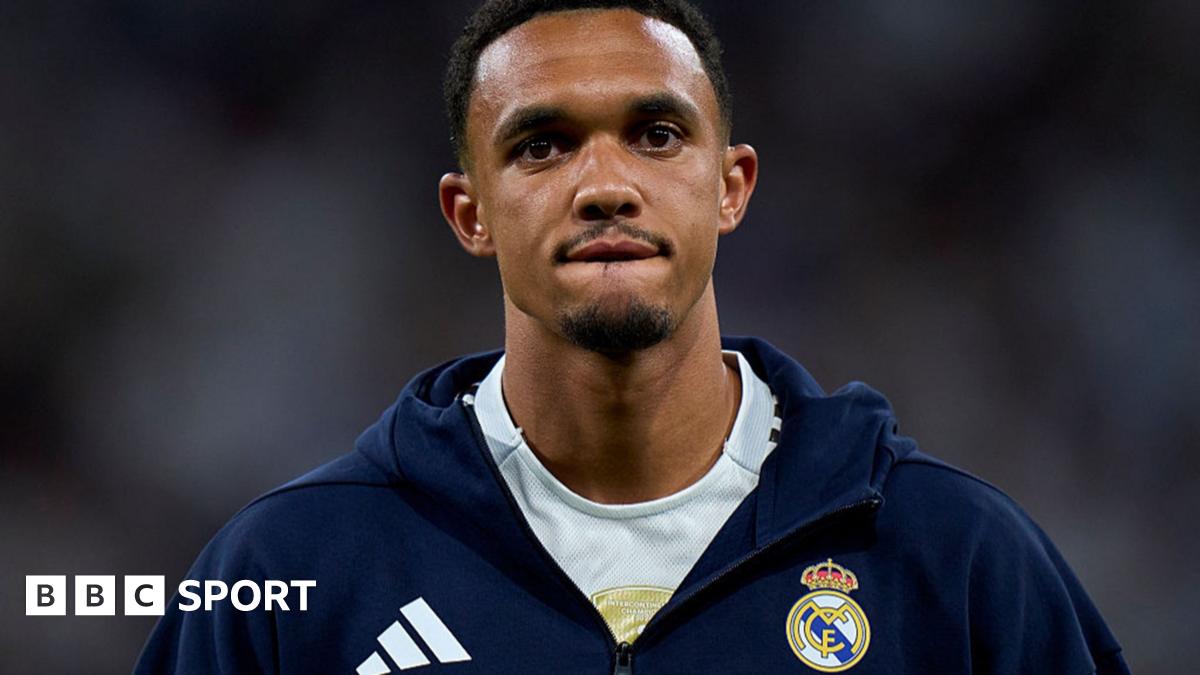
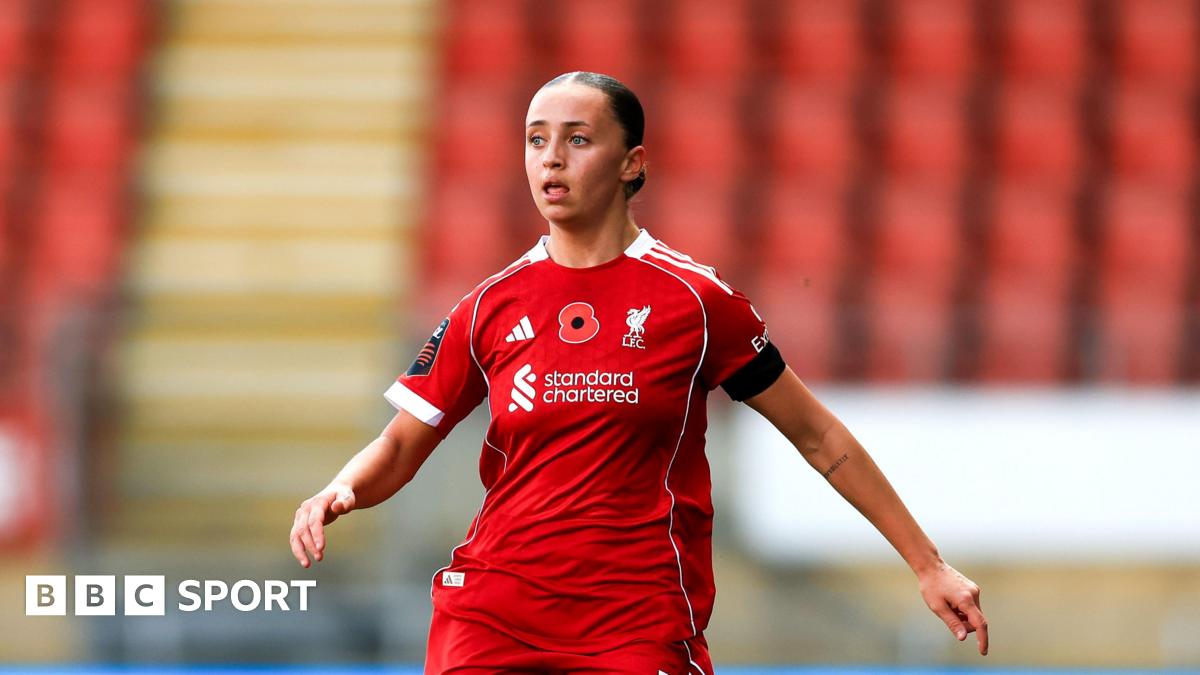
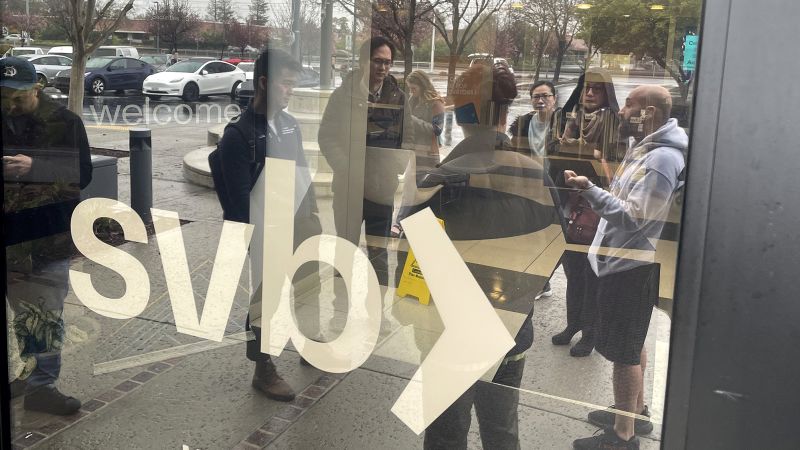
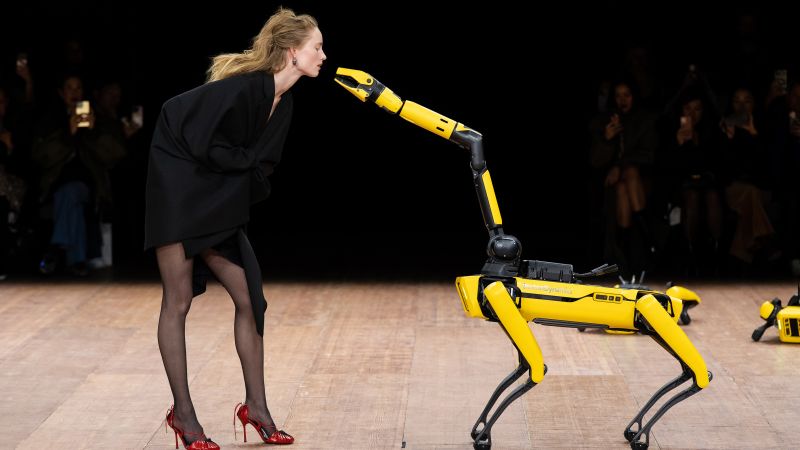
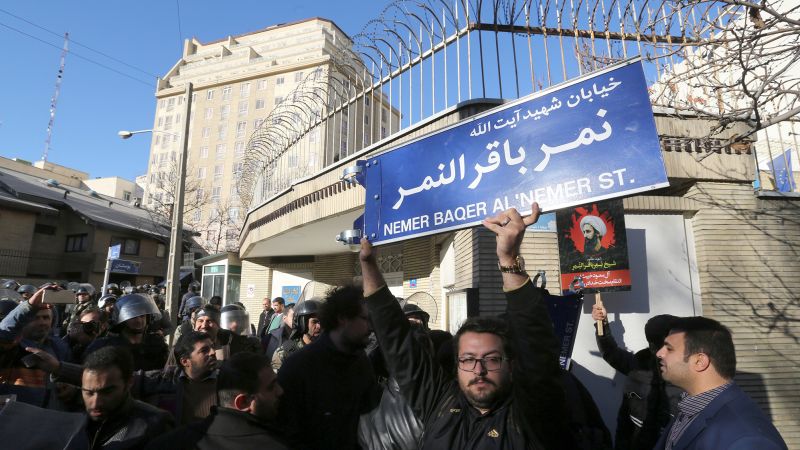
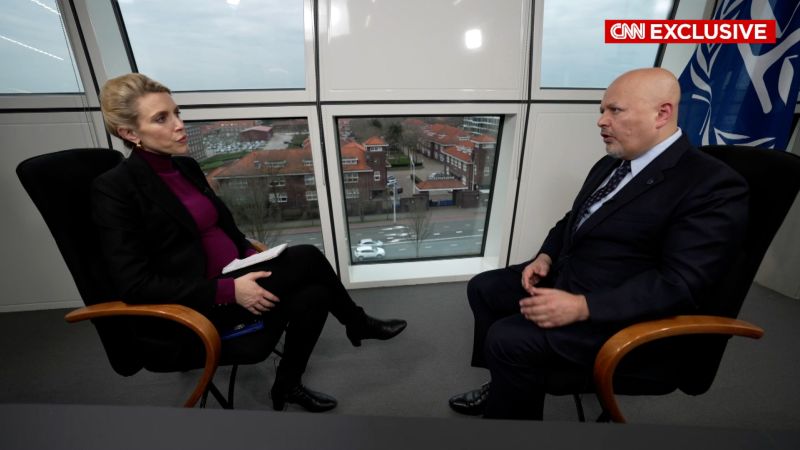
 English (US)
English (US)